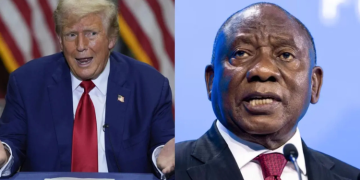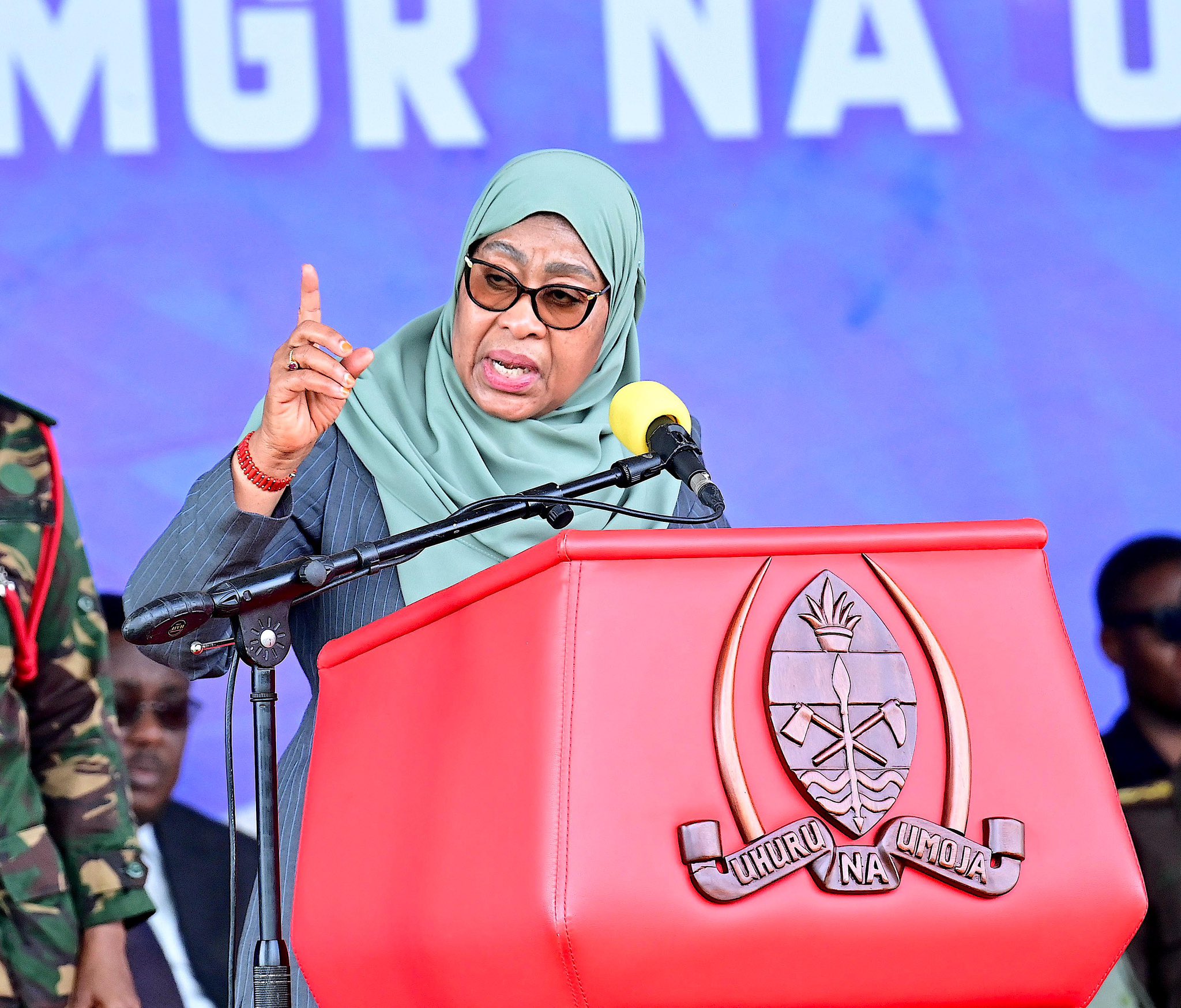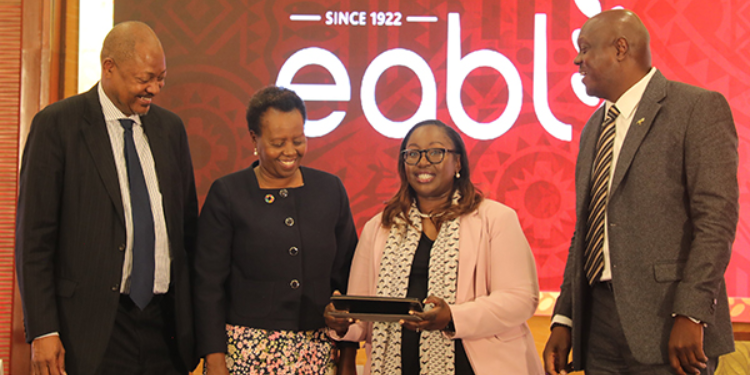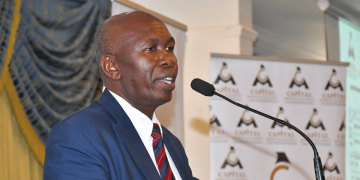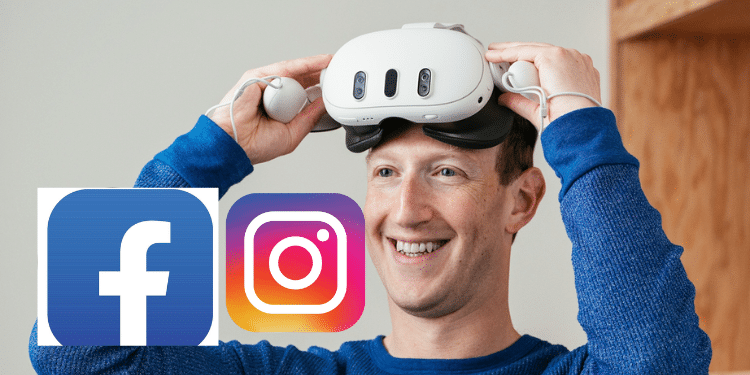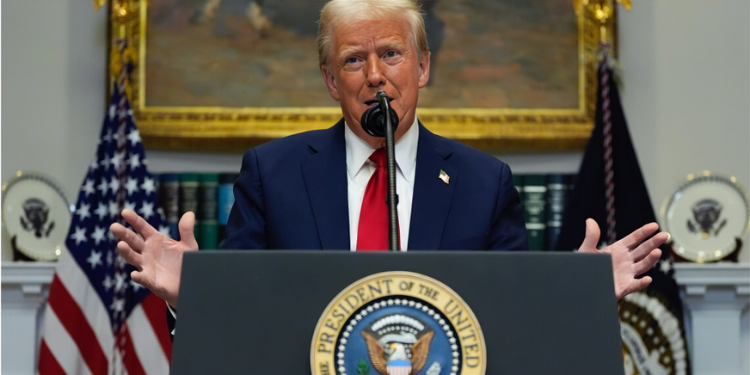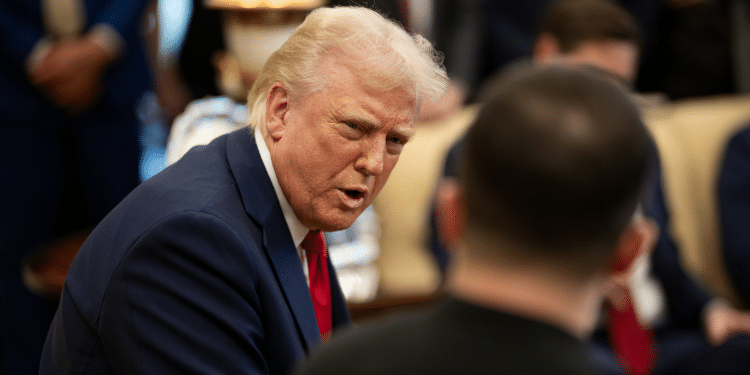American multinational technology company Meta has announced significant changes to its content moderation policies on social media platforms Facebook and Instagram, which will impact how posts, videos, and other materials are reviewed.
CEO Mark Zuckerberg announced the new approach on Tuesday, January 7, 2025, just days before President-elect Donald Trump takes office.
Zuckerberg said that the company will replace its third-party fact-checkers with user-driven “community notes,” a system similar to what billionaire Elon Musk implemented on X (formerly Twitter).
Trump has been vocal about accusing Zuckerberg and Meta of censoring conservative voices, and these changes appear to align with his criticisms.
In a video on Tuesday, Zuckerberg stated that fact-checkers had become too politically biased and had eroded trust.
“What began as an effort to foster inclusivity has increasingly been used to silence differing opinions, and it’s gone too far,” he explained.

Zuckerberg acknowledged that this shift could lead to more harmful content appearing on the platform.
Meta prioritizes community involvement
The new policy will prioritize community involvement on Facebook and Instagram over professional fact-checking, a move that some experts may view as a tradeoff between moderating harmful content and reducing censorship.
Also Read: Kenya’s Top 10 Most Followed Celebrities on Instagram and Facebook
Meta’s fact-checking program was introduced in 2016, following concerns about foreign interference on its platform.
Over the years, the company has grappled with the spread of misinformation, including election-related falsehoods, anti-vaccination content, and hate speech.
To combat this, Meta created safety teams, deployed automated filtering systems, and established an Oversight Board to handle complex moderation decisions.
Zuckerberg’s latest move mirrors that of Elon Musk, who dismantled Twitter’s fact-checking teams in 2022 after acquiring the platform.
Musk replaced them with community notes, a system where users can add context to claims they believe are false, and Zuckerberg is now following suit with similar changes on Meta’s platforms.
Meta has also announced plans to refine its automated systems, which previously flagged too much content for censorship.
Zuckerberg pokes holes in current moderation systems
The company will now focus its automated checks on high-severity violations such as terrorism, child exploitation, and fraud, leaving other issues to be flagged by users before Meta reviews them.
Also Read: Facebook Rolls Out 2 New Monetization Features for Kenyan Creators; How They Will Work
Zuckerberg explained that the current moderation systems had led to excessive removal of non-violating content, saying that even a small error rate could result in millions of posts being wrongly taken down.
“We’ve reached a point where too many mistakes have been made, and too much censorship has occurred,” he said. “What began as an effort to foster inclusivity has gone too far, and we’re now shutting down opinions.”
Despite the shift, the Meta CEO warned that the new policy could bring new challenges, acknowledging that while it would reduce unnecessary censorship, it might also lead to more harmful content being visible on the platform.
“We’ll catch less bad content, but we’ll also reduce the accidental takedown of innocent posts and accounts,” he said.
Meta’s newly appointed Chief of Global Affairs, Joel Kaplan, discussed the decision with Fox, stating that while the partnerships with third-party fact-checkers were initially well-intentioned, political bias had seeped into their work, affecting the neutrality of their fact-checking efforts.
“Trump effect”
This policy change coincides with a broader ideological shift within Meta’s leadership and Zuckerberg’s apparent desire to improve his relationship with Trump ahead of the latter’s presidential term.
Just one day earlier, Meta announced that Dana White, a close Trump ally and UFC CEO, would join its board, along with two other new directors.
Meta also revealed plans to donate $1 million to Trump’s inaugural fund and that Zuckerberg wanted to engage more actively in tech policy discussions.
Follow our WhatsApp Channel and join our WhatsApp Group for real-time news updates.




